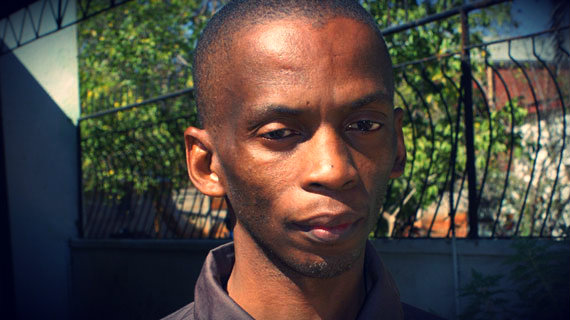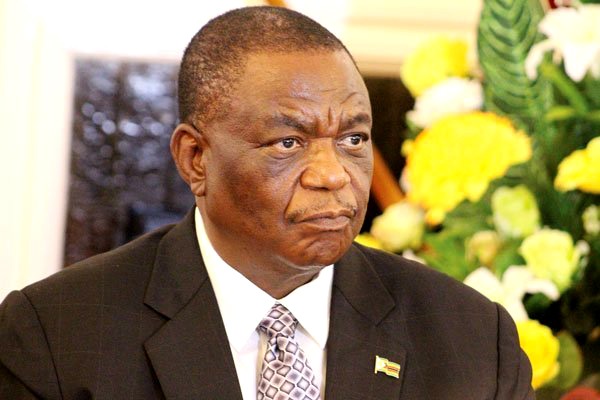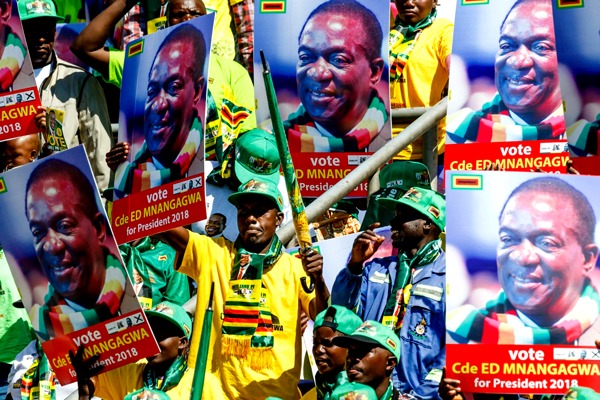
WE have to be brutally honest with ourselves and ask whether we are actually better off than we were 34 years ago.
The answer is a resounding no. While I respect and celebrate our day of independence and actually urge everyone to put aside their political, religious or ethnic affiliations to celebrate this important day, it is important to ask ourselves whether the State of Zimbabwe today is what thousands of Zipra and Zanla cadrés fought and died for.
The Rhodesian government for all its fascism did one thing well and that was to manage the economy soundly as well as to develop infrastructure and basic services.
We may claim that they were able to do this because the economy served a small group of white people, but my question today is how has the current government dealt with the issue of massive unemployment, deindustrialisation and growing poverty?
The fact of the matter is that in 1980 an ordinary worker could afford to buy a house in Mpopoma, Iminyela, Gwabalanda, Pumula, Luveve, Njube, Barbourfileds or Mzilikazi. It was a matter of choosing where you wanted to buy a house because the cost of living was descent and people earned meaningful wages with enough disposable income.
Today we have independence, but the majority of people under the age of 40 can only dream of being house owners as they are condemned to being eternal lodgers and landlord dodgers.
It is cruel fact that 34 years ago most of our roads were in good condition and in fact, most of the roads in Bulawayo for example were built bfor example virtually all the infrastructure including social amenities were constructed by the Smith regime. Examples are Mpopoma swimming pool, clinic, library, hall, West Commonage Police Station, Inyathi Youth Centre Mpopoma Police Station, Bango football field (which used to boast of a well watered lawn).
So when bornfree says they are free, what exactly are they free from and what has the black Zanu PF government done for the people of Mpopoma for example who still drink from pipes installed by the Smith regime and from water sources constructed by that regime?
- Chamisa under fire over US$120K donation
- Mavhunga puts DeMbare into Chibuku quarterfinals
- Pension funds bet on Cabora Bassa oilfields
- Councils defy govt fire tender directive
Keep Reading
The government talks of youth empowerment, but I would like to know how many vocational and recreational centres it has built for young people in Bulawayo? It is scandalous that a black government elected by black people to serve largely black people, has failed to provide young people with the most basic of social services and amenities.
The Bulawayo City Council has actually contributed more to the development of the city than central government initially through profits from beer halls, but now through various grants from even the much aligned British government which is contributing more to the Basic Education Module than the government itself.
Zanu PF should not continue to masquerade as a champion of young people and black people when most young people are unemployed, do not have any youth centres besides the dreaded and partisan National Youth Service and dubious loans to youths some of whom used the money to subsidize their social lives.
My question stands, are Zimbabweans better off than they were under Smith? In terms of discrimination we are definitely better off because we can live where we want to and work where we want to, but the problem is that we don’t have the wherewithal to choose where we want to live or the jobs to work .
In spite of sanctions which admittedly the racist regime managed to bust, Bulawayo was a far better city than it is today. In fact, how many buildings has the government built since independence? How many houses has the Zanu PF government built since independence?
How many hospitals and clinics has the government built in Bulawayo?
People in Matabeleland have resorted to building their own schools and clinics because they have realised that the government has failed them.
Can somebody explain why the government for almost 30 years failed to build and connect supply dams for Bulawayo with the exception of Mtshabezi Dam (the last supply dam was being built in 1976)? In many rural areas they will tell you this or the other dam was built by the “regime” (Smith’s government) and yet we have no shame to say we are free.
It looks like instead of celebrating the Great Zimbabwe Ruins there is a spirited attempt to turn the whole country into a gigantic ruin presided over by a new class of connected kleptocrats while the rest of us grovel in poverty.
The government cannot celebrate the informalisation of the economy because this is sign of mass poverty and resilient people trying to find coping mechanisms.
We cannot celebrate turning the country’s economy into a glorified flea market with no productive capacity.
Instead of turning water into wine our rulers have turned wine into water.
Dumisani Nkomo is a political commentator and chief executive officer of the Habakkuk Trust. He writes in his personal capacity. www.dumisanionkomo.blogspot.com










